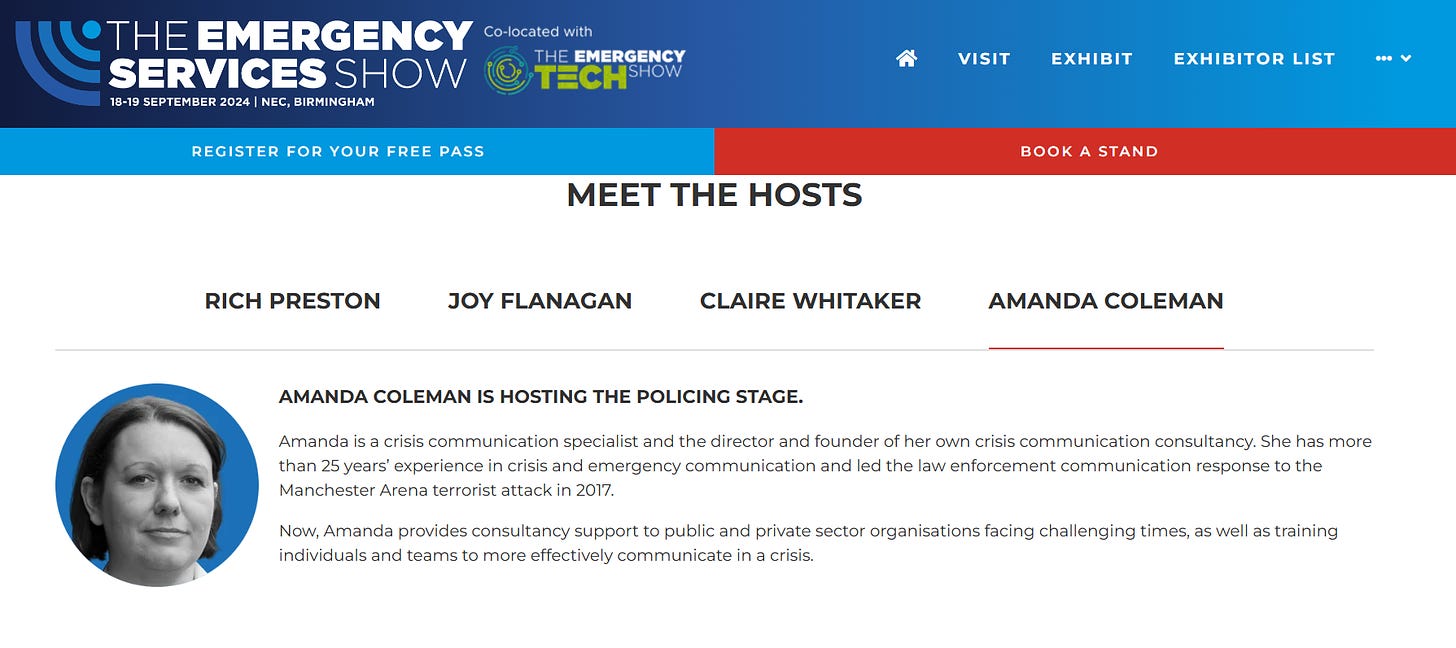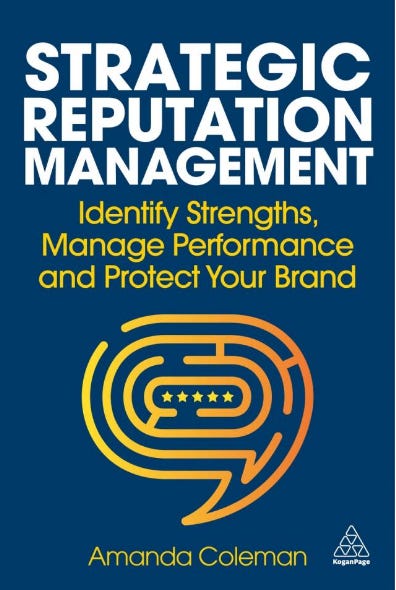Grenfell Tower Inquiry - What next?
The publication of the final public inquiry report into the Grenfell Tower fire that happened in 2017 was a shocking list of failings across many organisations, businesses and institutions. It felt important to spend some time in this latest Under Pressure newsletter to look at what is included and consider what comes next.
It doesn’t matter where you work whether that is in-house or agency, public or private sector, there are some important points for PR and communication professionals to take away from the report. And not just to take away but to reflect on and then to change how we work.
I have already written on LinkedIn about the issues for reputation management that are raised by the report. The quote about the then Royal Borough of Kensington and Chelsea (RBKC) chief executive reveals a lot.
"He was reluctant to take advice from those with greater experience and was unduly concerned for RBKC’s reputation.”
Listening to people was important in many areas from the lack of listening to tenants from the tenant management organisation through to the failures from RBKC. This also included an inability to consider and cater for diverse communities. There was a lack of planning and a failure to consider the worst case scenarios and what I all ‘thinking the unthinkable’. As communicators we have to ensure that we are listening and encouraging organisations to listen to the feedback and views that are received.
But this goes much wider than the response from the public bodies. The companies involved in the cladding were also highlighted for manipulating claims and concealing information in marketing materials. Comments in the report said information was ‘deliberately tucked…away’ and ‘some aspects of…marketing materials gave cause for concern’. PR, marketing and communication teams produce information and literature every day. So, what are we actually putting together and is it accurate, open and honest?
There is a need for us all to challenge ourselves and ensure that we are not part of the problem when we should be part of the solution. When I read that ‘arrangements for obtaining and disseminating reliable information were also lacking’ alongside failures to train staff and run exercises it left me feeling frustrated. These are simple things that should be in place. Many public inquiries and reviews have highlighted this issue which makes it inexcusable for there to be no crisis testing regime.
One of the most shocking elements for me was highlighted in this quote from the report’s executive summary.
“Certain aspects of the response demonstrated a market lack of respect for human decency and dignity and left many of those immediately affected feeling abandoned by authority and utterly helpless.”
Every crisis plan, policy and procedure should be focused on helping those that are caught up in disasters and emergencies. This means considering situations from the perspective of those affected and if communicators are going to develop plans that work they need to listen to others when preparing and planning.
It is hard to capture all the important messages from within the report. But we have to listen to the voices of those living with the impact of this disaster and who speak for those who can’t. There was a shocking and devastating loss of life that must always be remembered. But what next? Those who lost relatives and friends face a long wait for justice and I only hope that it happens sooner rather than later.
For all of us working in PR, marketing and communication we need to take a long look at what we are doing today and tomorrow and in the weeks to come. Are we being honest? Are we manipulating? Could we be part of the problem?
Emergency Services Show
Amanda is hosting the Policing Stage at the Emergency Services Show on the 18 and 19 September. The stage has presentations and discussions about knife crime, violence against women and girls, and ethics. If you are attending come along and say hello. Find out more here.
New book update
Amanda’s latest book - Strategic Reputation Management - is due to be published on 3 November and a couple of weeks later in the US and Canada. The book challenges some of the views held about the role of reputation for businesses and in managing incidents. Find out more here.
In Brief:
The Emergency Planning Society Communication Professional Working Group has produced a crisis communication guidance document. The group, chaired by Amanda, wants it to be a useful reference for communicators and emergency planners alike. Group members Andrew Holdsworth and Charlie Maclean-Bristol have produced the document. Find out more here.
Amanda is joining Tessa Dayton to run a session providing details of what to consider when managing a data loss or cyber incident. To find out more check it out here.
A recent Forbes article considers the impact of synthetic media on both corporate and crisis communication. Find out more here.
In a recent blog Amanda explores the importance of challenge to developing plans, responding to crises and recovering after incidents. Read more here.
The latest crisis communication case study has been circulated. In the September edition of Testing Times there was a look at health issue that has hit the headlines. If you would like to receive a copy email office@amandacolemancomms.co.uk
An interesting report from America looked at the importance of social media influencers in a crisis. It is an interesting look at social media after negative discussions surrounding recent riots in the UK. Find out more here.
Churches and religious institutions need to consider crisis planning according to an article in Forbes. It is interesting when so many emergencies and disasters see churches involved that it hasn’t been considered by many. Find out more here.
Smartphone Magazine recently looked at the developments in technology and what they could mean for disaster preparedness. Find out more here.
Diary Dates:
Amanda will be running the popular half day session on Developing a Communication Strategy for the PRCA on Tuesday 17 September. To find out more about the session click here.
A 90 minute crisis management webinar from Amanda will take place on Tuesday 17 September. The session provided through the PRCA looks at preparing, responding and recovering from challenging situations. Find out more here.
Amanda is running a session on what to do when a crisis threatens your business’ reputation on behalf of the Greater Manchester Business Growth Hub. The session is on 27 September and is free for eligible businesses. Find out more here.



